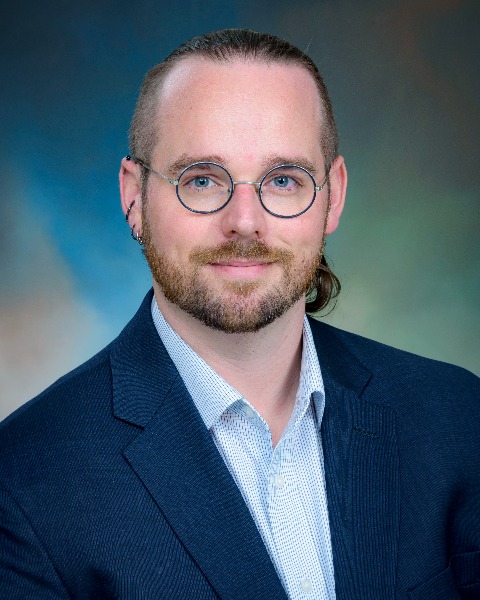Paper Presentation
Law, Public Health Policy, Organizational Ethics
Session: International Approaches to Stakeholder Research
Into Routine Practice?: Insights from Botswana TB Stakeholders on the Ethics of Hypothetically Scaling Up Whole Genome Sequencing into Botswana’s TB Program
Friday, October 13, 2023
8:00 AM - 9:15 AM ET
Location: Essex C (Fourth Floor)
The introduction of next-generation whole genome sequencing (NG-WGS) into infectious disease control programs is increasingly promoted by global health agencies as one of the most promising developments in contemporary public health. For pathogens like M. tuberculosis (TB), incorporating NG-WGS into routine practice could potentially generate more precise diagnostic results on faster timeframes. These approaches can reveal drug-resistant strains, identify people in “transmission clusters,” and shed light on other disease dynamics to improve surveillance, prevention, and treatment. However, pathogen sequencing initiatives have been controversial in some countries and come with benefits and risks. Key ethical issues include data security, confidentiality, informed consent, showing transmission “hotspots” or relationships between individuals, and other issues. Against this backdrop, little is known about how stakeholders in low-to-middle-income countries perceive the risks, benefits, and ethics of scaling up NG-WGS into routine practice. This presentation reports results from a multi-method qualitative study conducted in 2022 in Gaborone, Botswana that sought to understand how key stakeholders viewed a hypothetical scale-up of TB sequencing and analysis in the country. The study involved interviews (n=30) and four deliberative dialogues with Gaborone-based TB stakeholders from the survivor, advocacy, policy, clinical, public health, and research communities. Participants were educated about TB NG-WGS using animated videos, followed by discussion. We found broad support for scaling up TB sequencing owing to perceived benefits. However, support was qualified with statements regarding the need for sustained funding, capacity-building, transparency, stakeholder consultation, community engagement, education, and new norms around publication and other uses of TB sequence data.
Sedilame Bagani – Victus Global Botswana Organisation (VGBO) – Victus Global Botswana Organisation (VGBO); Rebecca Permar, PhD – Postdoctoral Fellow, Program for Leadership and Character, Wake Forest University; Vishnu Subrahmanyam, MSc – PhD Student, Bioethics and Health Humanities, The University of Texas Medical Branch; Ogopotse Matsiri – Victus Global Botswana Organisation (VGBO) – Victus Global Botswana Organisation (VGBO); Cynthia Caiphus – Victus Global Botswana Organisation (VGBO) – Victus Global Botswana Organisation (VGBO); Balladiah Kizito – Victus Global Botswana Organisation (VGBO) – Victus Global Botswana Organisation (VGBO); Kabo Mazunga – Victus Global Botswana Organisation (VGBO) – Victus Global Botswana Organisation (VGBO); Chawangwa Modongo, MD – Executive Director, Victus Global Botswana Organisation (VGBO), Victus Global Botswana Organisation (VGBO); Sanghyuk Shin, PhD – Associate Professor, Sue & Bill Gross School of Nursing, University of California, Irvine

Stephen Molldrem, PhD ((he/him/his))
Assistant Professor
The University of Texas Medical Branch
Galveston, TexasDisclosure(s): No financial relationships to disclose

.jpg)